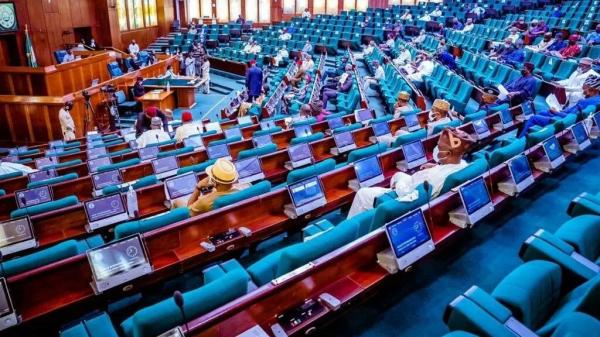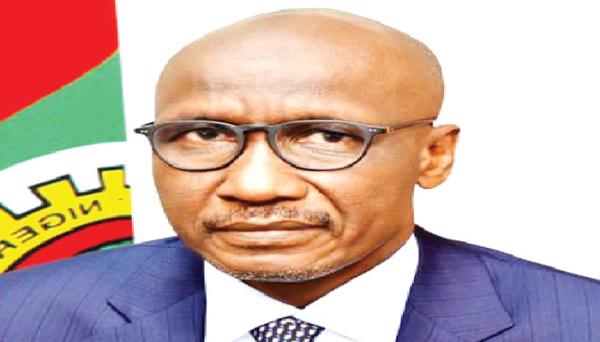
An economist, Dr Aminu Usman, has advised the Federal Government to pay contractors and award new contracts as part of short term measures to reflate the economy.
Usman, a lecturer at the Department of Economics, Kaduna State University, gave the advice in Abuja on Friday in an interview with the News Agency of Nigeria (NAN).
He said that government should ease border controls to allow for food importation to reduce food price inflation.
The economist also advised the government to intervene in rural economies through rural infrastructure initiatives like the defunct Directorate of Food, Roads and Rural Infrastructure (DFFRI).
According to him, these initiatives will unlock recovered corruption money.
He advised the government to invest heavily on infrastructure and create favourable business environment, especially through sound macro-economic policies on long term measures.
He said that government should domesticate the production of those items that were banned from accessing Forex.
However, he disagreed with the International Monetary Fund (IMF) forecast that Nigeria’s economy would probably contract by 1.8 per cent in 2016.
According to IMF forecast, Nigerian economy will now grow at a much slower pace than South Africa’s, which is expected to grow at 0.1 per cent in 2016.
IMF also reported that the economy would contract for the first time in more than two decades as it adjusted to foreign-currency shortages, lower power generation and weaker investor confidence.
The university lecturer said the recession was a period of general economic decline, typicallyoccasioned by drop in stock prices, increased unemployment, and decline in housing/property market.
“ It is usually caused by inflationary pressure, high interest, dampened consumer demand and falling real wages (reduced purchasing power due to inflation).
“IMF could not say the economy is already in recession because officially only one quarter of the year witnessed negative GDP growth.
“And for an economy to be in full recession it has to record negative Gross Domestic Product (GDP) growth rate for two consecutive quarters.
“But all signs of an economy in recession have manifested in Nigeria since.’’
Usman, however, said that the delay in assent and implementation of the budget contributed a lot to the economic crisis.
He added that the blanket implementation of Treasury Single Account (TSA) which squeezed cash out of the banking system contributed to decline in the economic growth.
He explained that the fall in oil prices, insecurity in the Niger Delta region and strict control over land borders also contributed to the problem.
“Likewise, the inflation figure of 16.5 per cent in June is less than market expectations. Forecast has shown that it may reach up to 18.5 – 20 per cent before the year runs out,’’ the economist said.





















